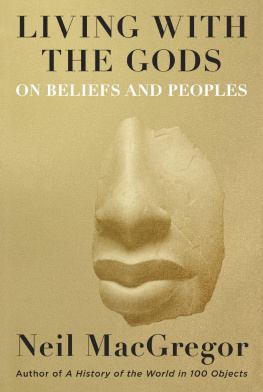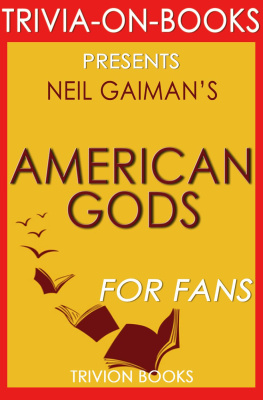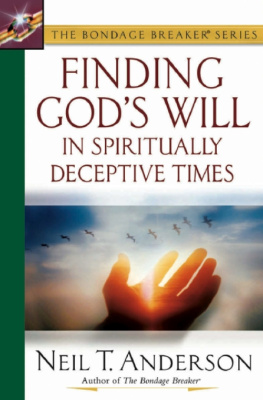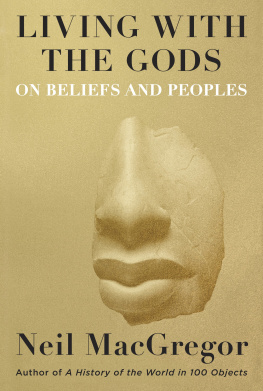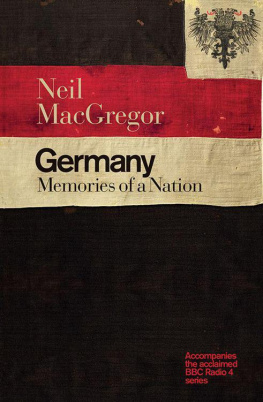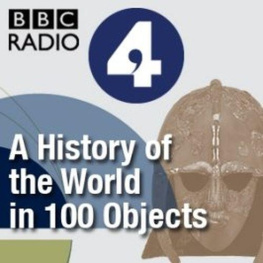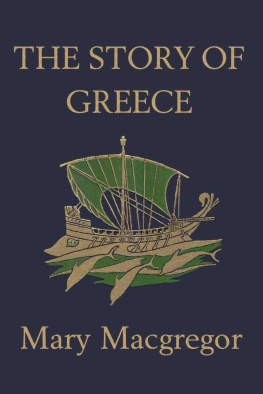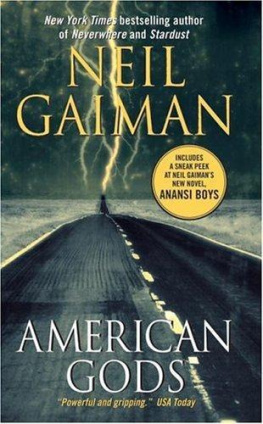Neil MacGregor. - living with the gods ; on beliefs and peoples /
Here you can read online Neil MacGregor. - living with the gods ; on beliefs and peoples / full text of the book (entire story) in english for free. Download pdf and epub, get meaning, cover and reviews about this ebook. year: 2018, publisher: Knopf, genre: Religion. Description of the work, (preface) as well as reviews are available. Best literature library LitArk.com created for fans of good reading and offers a wide selection of genres:
Romance novel
Science fiction
Adventure
Detective
Science
History
Home and family
Prose
Art
Politics
Computer
Non-fiction
Religion
Business
Children
Humor
Choose a favorite category and find really read worthwhile books. Enjoy immersion in the world of imagination, feel the emotions of the characters or learn something new for yourself, make an fascinating discovery.
- Book:living with the gods ; on beliefs and peoples /
- Author:
- Publisher:Knopf
- Genre:
- Year:2018
- Rating:4 / 5
- Favourites:Add to favourites
- Your mark:
- 80
- 1
- 2
- 3
- 4
- 5
living with the gods ; on beliefs and peoples /: summary, description and annotation
We offer to read an annotation, description, summary or preface (depends on what the author of the book "living with the gods ; on beliefs and peoples /" wrote himself). If you haven't found the necessary information about the book — write in the comments, we will try to find it.
living with the gods ; on beliefs and peoples / — read online for free the complete book (whole text) full work
Below is the text of the book, divided by pages. System saving the place of the last page read, allows you to conveniently read the book "living with the gods ; on beliefs and peoples /" online for free, without having to search again every time where you left off. Put a bookmark, and you can go to the page where you finished reading at any time.
Font size:
Interval:
Bookmark:
The first condition of human goodness is something to love; the second, something to reverence.
G EORGE E LIOT
Religion is an attempt to find meaning in events, not a theory that tries to explain the universe.
J OHN G RAY
Religious beliefs are not universal truths, but community truths, and they guide lives rather than describe facts. They express what it means to belong to a community and to owe allegiance to its values.
DON CUPITT

Sunrise at the Harischandra Ghat at Varanasi on the Ganges, with bathers facing the rising sun (see )
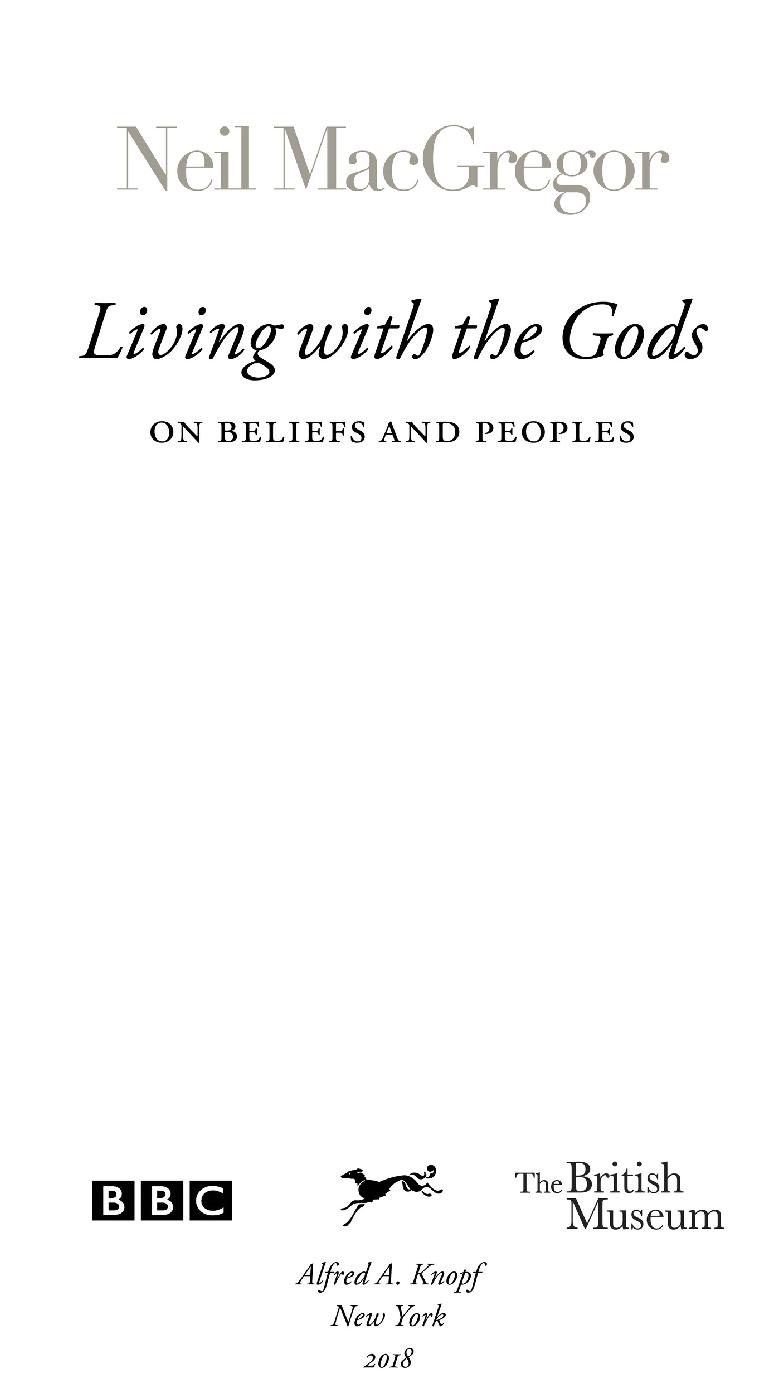
THIS IS A BORZOI BOOK PUBLISHED BY ALFRED A . KNOPF
Copyright 2018 by the Trustees of the British Museum and the BBC
All rights reserved. Published in the United States by Alfred A. Knopf, a division of Penguin Random House LLC, New York. Originally published in Great Britain by Allen Lane, an imprint of Penguin Books, London, in 2018.
www.aaknopf.com
Knopf, Borzoi Books, and the colophon are registered trademarks of Penguin Random House LLC.
By arrangement with the BBC and the British Museum
The BBC logo and Radio 4 logo are registered trademarks of the British Broadcasting Corporation and are used under license. BBC logo BBC, 2005.
LCCN: 2018030942 (hardcover); ISBN9780525521464 (hardcover)
Ebook ISBN9780525521471
Cover image: Nose and lips of Akhenaten, c. 13531336 BC. The Metropolitan Museum of Art, New York. Purchase, Edward S. Harkness Gift, 1926 (26.7.1395)
v5.4
ep
FOR PAUL KOBRAK,
companion through earth and air, fire and water
Living with the Gods is about one of the central facts of human existence: that every known society shares a set of beliefs and assumptions a faith, an ideology, a religion that goes far beyond the life of the individual, and is an essential part of a shared identity. Such beliefs have a unique power to define and to divide peoples, and are a driving force in the politics of many parts of the world today. Sometimes they are secular, most obviously in the case of nationalism, but throughout history they have most often been, in the widest sense, religious. This book is emphatically not a history of religion, nor an argument in favour of faith, still less a defence of any particular system of belief. Looking across history and around the globe, it interrogates objects, places and human activities to try to understand what shared religious beliefs can mean in the public life of a community or a nation, how they shape the relationship between the individual and the state, and how they have become a crucial contributor to who we are. For in deciding how we live with our gods we also decide how to live with each other.
After the end of the Second World War the Western world basked for decades in a prosperity without precedent in history. The United States offered most of its citizens and its immigrants what appeared to be endlessly rising standards of living. In 1957, the Prime Minister, Harold Macmillan, famously told the British public that they had never had it so good. They agreed, and he comfortably won the next election. Across Western Europe and North America, economic growth was the norm: peace had on the whole led to plenty.
In the rest of the world, the Soviet Union and the United States were locked in bitter conflict, sometimes military, always ideological, competing to win new recruits for their preferred systems of Marxist state communism or liberal democratic capitalism. As both are essentially economic propositions, the debate increasingly and unsurprisingly centred not on their very different notions of freedom and social justice, but on which system could provide the greater material benefits for its society.
There is a striking example of this elision equation of ideals with their material outcomes on the US dollar bill, or, more precisely, on two dollar bills. Even though most of its population was Christian, the United States had been founded on the explicit basis, enshrined in the Constitution, that the new nation should not have an established religion. But in 1956, in an effort to distinguish itself even more sharply from the atheist Soviet Union, Congress resolved to make greater public use of the long-familiar motto In God We Trust. In a gesture rich in unintended symbolism, it was decided that the words should appear not on public buildings or on the flag, but on the national currency. They have been printed on dollar bills ever since, and on the ten-dollar bill they hover protectively over the US Treasury itself. The ironic phrase the Almighty Dollar had been circulating since the nineteenth century, warning against the conflation of God and Mammon. Now, however, one of the defining American beliefs was to be expressed on the most revered manifestation of its success: its money.
On the face of it, it might seem that the new wording on the dollar bills was an assertion of the supremacy of God in the US political system, a twentieth-century American version of the letters DG Dei Gratia, By the Grace of God which accompany the portrait of the sovereign on British currency, or the Quranic texts on the coinage of many Islamic states. In fact, it was almost the reverse.
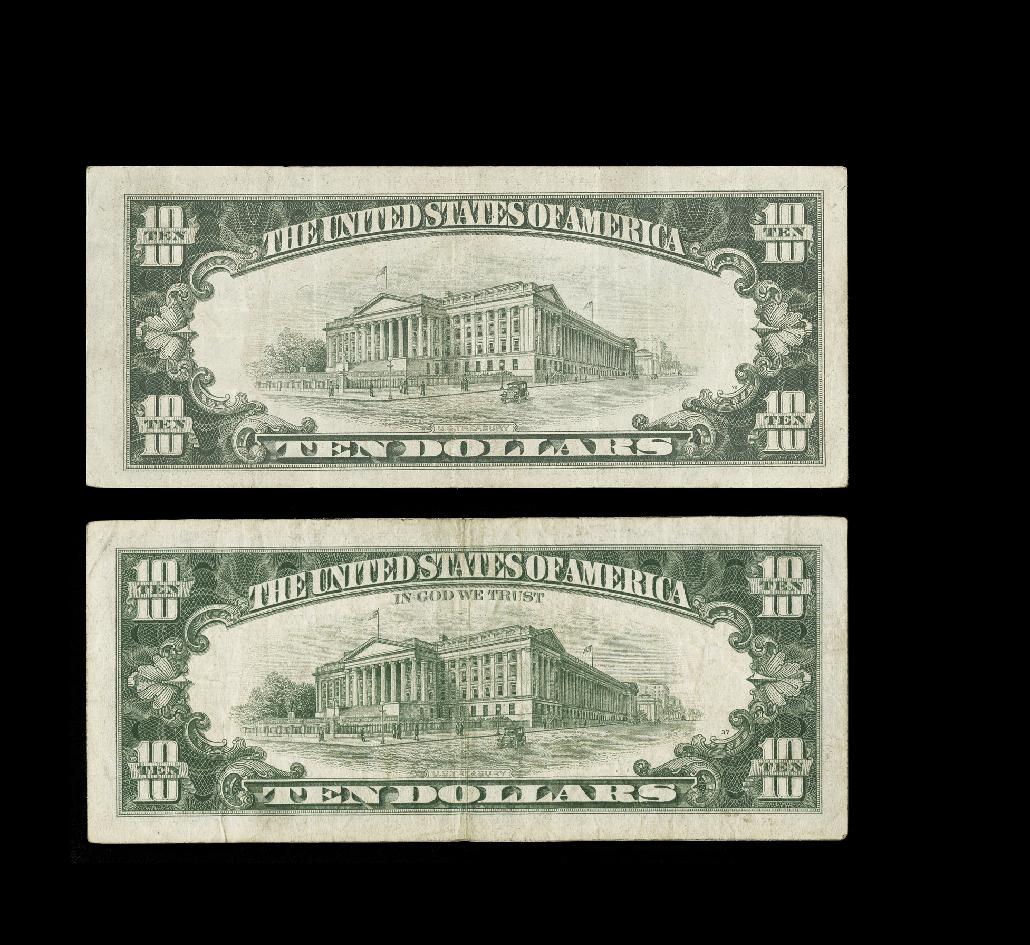
The ten-dollar bill, showing the US Treasury, before and after 1956
This striking combination of the financial and the spiritual, far from being a step towards theocracy in Washington, was symptomatic of a wider change in the balance between ethics and economics. On both sides of the Atlantic, the role of organized religion in public and private realms alike was receding. Society was becoming increasingly secular more swiftly in Europe and fewer and fewer were attending traditional religious services. The revolutionaries of 1968 argued in terms of economic injustice that hardly mentioned God, let alone putting their trust in him. After the collapse of Communism in the Soviet Union at the end of the 1980s, the consensus almost everywhere was clear. The battle of ideologies was over: capitalism had won, communism had failed, religion had withered, and if there was a faith a set of assumptions shared by almost everybody it was now in material well-being. As Bill Clinton memorably put it in the US presidential election campaign of 1992: Its the economy, stupid. Few disagreed; and, like Macmillan before him, Clinton was elected leader of his country.
Twenty-five years later, to the surprise or bewilderment of the prosperous West, organized religion is, all around the world, once again politically centre stage. To an extent rarely seen in Europe since the seventeenth century, faith now shapes large parts of the global public debate. The competitive materialisms of the Cold War have been replaced. The whole of the Middle East is caught up in murderous conflicts that are articulated and fought not in economic but in religious terms. The politics of Pakistan and Israel, both founded as explicitly secular states, are increasingly confessional. In Indonesia and Nigeria, Myanmar and Egypt, communities are attacked and individuals killed on the pretext that the practice of their faith makes them aliens in their own country. India, whose constitution enshrines the states equidistance from all religions, is convulsed by calls for the government to assert an explicitly Hindu identity, with grave consequences for Indians who are Muslims or Christians (Chapter 25). In many countries, not least the United States, immigration policy effectively the case against immigrants is often framed in the language of religion. Even in largely agnostic Europe, the Bavarian Prime Minister urges the presence of the cross in official buildings as the marker of a Catholic Bavarian identity, and the French government bans the public wearing of the full-face
Font size:
Interval:
Bookmark:
Similar books «living with the gods ; on beliefs and peoples /»
Look at similar books to living with the gods ; on beliefs and peoples /. We have selected literature similar in name and meaning in the hope of providing readers with more options to find new, interesting, not yet read works.
Discussion, reviews of the book living with the gods ; on beliefs and peoples / and just readers' own opinions. Leave your comments, write what you think about the work, its meaning or the main characters. Specify what exactly you liked and what you didn't like, and why you think so.

